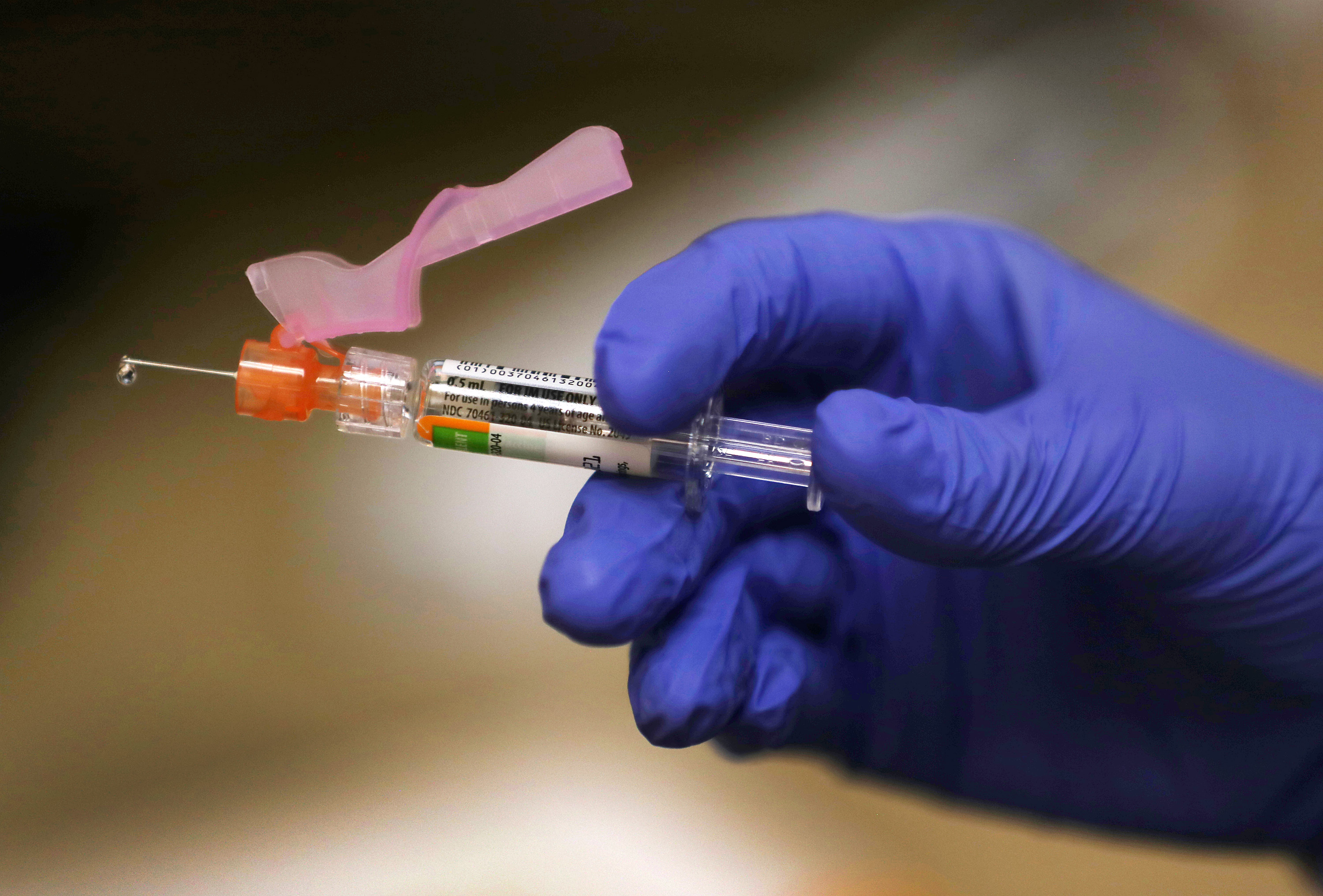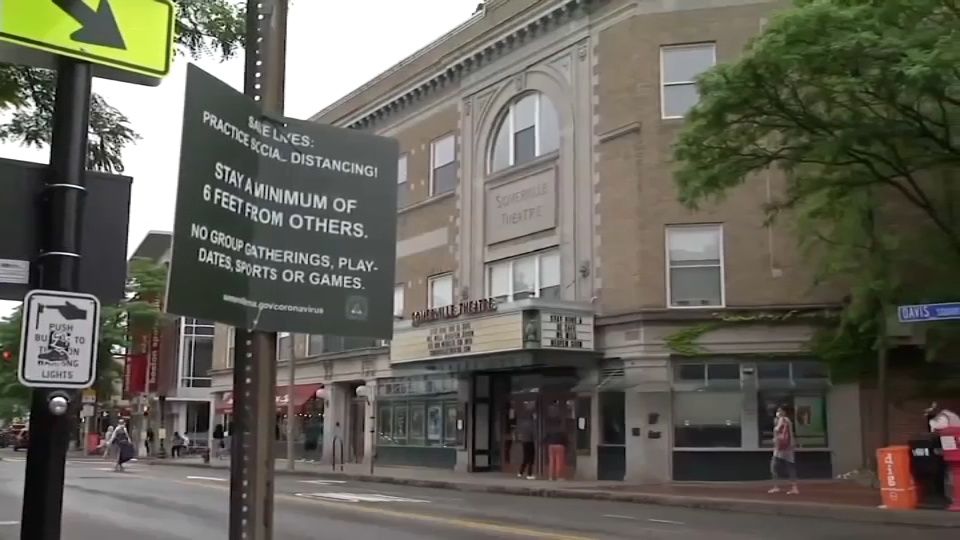The coronavirus vaccines are coming: the Pfizer vaccine is expected to be approved in less than a week, followed by the Moderna vaccine a week later.
Dr. Robert Finberg of UMass Medical School, said in Massachusetts, subject to Gov. Charlie Baker's decision, the vaccines will likely go to health care workers taking care of patients with COVID-19, and long-term care residents.
That’ll be the very first group followed by other health care workers, certain first responders, and people at high-risk for the virus, according to Finberg, who sits on the governor’s vaccine advisory committee.
Finberg says the first doses could be administered as early as Dec. 15.
“A lot of smart people and people with ability have spent time thinking through this in Massachusetts,” said Dr. Finberg. “I’m confident it will go well.”
The vaccine panel has been putting together the blueprint for the rollout since August.
The state's plan was submitted to the federal government Friday which was the deadline set by the CDC.
Massachusetts is expected to receive 300,000 vaccines this month, which will be the first dose of a two-dose regimen.
The governor’s office said in a statement Friday, “...the Administration has been working with the COVID-19 Vaccine Advisory Group to prepare for a safe, equitable and efficient distribution…Next week, the Administration will roll out further information on vaccination prioritization.”
Coronavirus Coverage in Massachusetts
But as people get the vaccine, face coverings and social distancing won’t go anywhere.
“You will definitely need to do both,” Finberg said.
And that’ll be the case until the pandemic winds down.
“We need to ensure that people recognize that if they get a vaccine it doesn't mean that they’re absolutely not transmissible,” said Dr. Michael Mina of the Harvard T.H. Chan School of Public Health.



